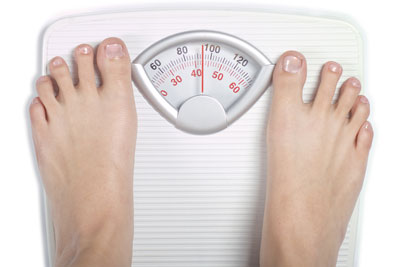Sleep Better, Feel Better
If you have been told that you snore or stop breathing during sleep, this may be the underlying cause of “excessive daytime sleepiness”. These causes interrupt normal sleep patterns. So you may be sleeping, but you may not be resting. Formal sleep studies cost several thousand dollars and can take months to get scheduled.
If you are a professional driver and need rapid testing do to CDL requirements or just because you don’t want to wait, Dr. Bolin may be able to help.
“When speed matters… Call us at (540) 772-1890 to learn how you can be tested and start sleeping better fast”
Symptoms and Diagnosis
A sleep study, performed either at home or in the hospital (more expensive and more detailed), will tell you how many times an hour you stop breathing during sleep. When you stop breathing, your blood oxygen level drops below normal levels. Over time, this can be an independent risk factor for dementia.
So, even though you may be asleep, you are sleep deprived. Symptoms of sleep deprivation include poor memory, bad or depressed mood, and higher blood pressure.
Sleep Deprivation and Weight Gain
Sleep deprivation makes you hungry and makes it easy to gain weight and hard to lose it. It affects your hormones. Leptin is the “fullness hormone” – Usually “goes up” to signal fullness; it goes down after one night of not sleeping well – makes you crave foods – especially carbs and salty food. Ghrelin is the “hunger hormone” – which goes up when you are sleep deprived, making you want to eat more.

What You Should Know About Sleep
Sleep Time
Most adults should get between 7 to 9 hours of sleep every night. Plan for the sleep you need.Weight Gain
After a poor night of sleep, you crave more salt and sugar and consume more calories.Health Risks
Not getting enough sleep over time is associated with diabetes, heart disease and high blood pressure.Improve Performance
Getting the proper amount of sleep helps improve performance both mentally and physically.Why Do I Feel Tired All of the Time?
A constant lack of energy day after day may not just be the result of poor sleep. Some medical conditions can also cause you to feel tired. Here is a look at some other causes of tiredness and treatments available for each.
Tips for Better Sleep
- Go to bed and wake up at fixed times. Don’t let your bedtime and awakening times to drift. Your body “gets used” to falling asleep at a certain time, but only if the time is relatively fixed.
- Develop a relaxing “pre-bed” ritual. This will help condition you to fall asleep.
- Avoid napping during the day.
- If you do nap, limit naps to about 30-45 minutes & have them before 3 pm.
Check blood count
Check thyroid hormone
Sleep evaluation
Stress testing
Exercise plan and weight loss
Medication and other treatment
